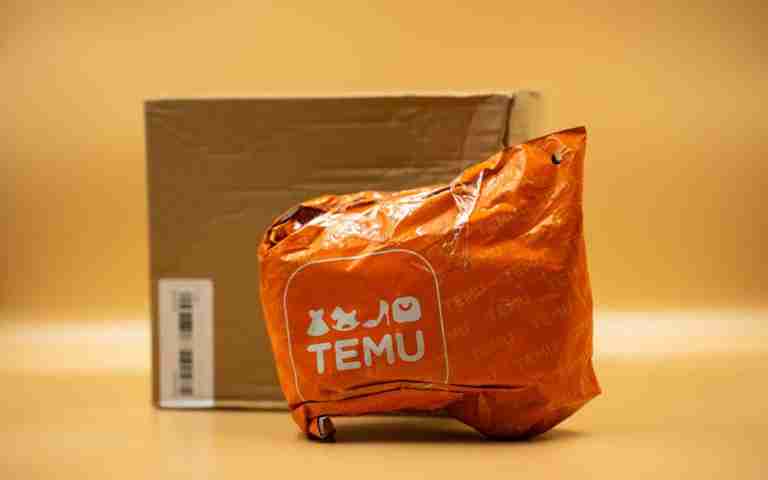
Asia Tech Wire (Apr 12) -- Leading media outlets in the U.S. and Japan have focused on the abuse of non-compete agreements by Chinese tech firms such as Pinduoduo.
The Wall Street Journal previously published a story about Chinese e-commerce giant Pinduoduo, exposing its use of non-compete agreements to squeeze employees.
The report claimed that Pinduoduo enforced such agreements on former employees "with particular determination to thwart potential rivals."
Pinduoduo, which has a market capitalization of $160.93 billion and owns Temu, one of the world's most downloaded shopping apps, was once China's most valuable e-commerce company, overtaking Alibaba at the end of last year.
Currently, Alibaba has a market cap of $187.12 billion, about $26 billion higher than the Chinese parent of Temu.
According to the report, in addition to excessive overtime and restrictions on non-work interactions between employees, non-compete agreements have become a major tool for Pinduoduo to squeeze employees.
A number of former Pinduoduo employees, both junior and mid-level, told the WSJ that Pinduoduo has taken action against them to impose "hefty" noncompete penalties.
In fact, Chinese law states that noncompete restrictions only apply to senior executives and others who are under a duty of confidentiality.
But as competition intensifies, more and more Chinese tech companies are requiring lower-level employees to sign non-compete agreements.
Pinduoduo lists more than 30 tech companies as its competitors, covering companies in which the firms hold shares or own shares in them, the WSJ said, citing documents. In addition, the company restricts former employees from starting businesses that overlap with its operations.
The WSJ noted that 15% of the lawsuits related to Pinduoduo were over non-compete agreements; at Alibaba, the percentage was only 5%.
By the end of September last year, Pinduoduo's workforce remained at around 13,000 employees. Only a small percentage of departing employees are subject to non-compete agreements, the company said.
Pinduoduo emphasized that such agreements are based on the relevance of their work to the company's trade secrets, not seniority or years of service.
A few days after the WSJ issued its report, Japan's Nikkei also published an article claiming that Chinese tech companies are using non-compete agreements to trap their employees.
Citing hundreds of Chinese court documents, Nikkei stated that Chinese tech giants including Pinduoduo, Alibaba, Tencent, ByteDance, JD.com, and Baidu, among others, have monitored and videotaped former employees.
The companies recorded former employees from the moment they left their residential compounds until they reached their new workplaces, which they then present to the court as evidence of their breach of non-compete agreements and claim compensation.
Despite objections by former employees and their lawyers to the legality of the videos, arbitrators and judges have accepted them as evidence in most of the cases Nikkei reviewed.
In China, the number of court rulings related to non-compete agreements has surged over the past few years, quadrupling in the five years to 2020, according to Nikkei.





